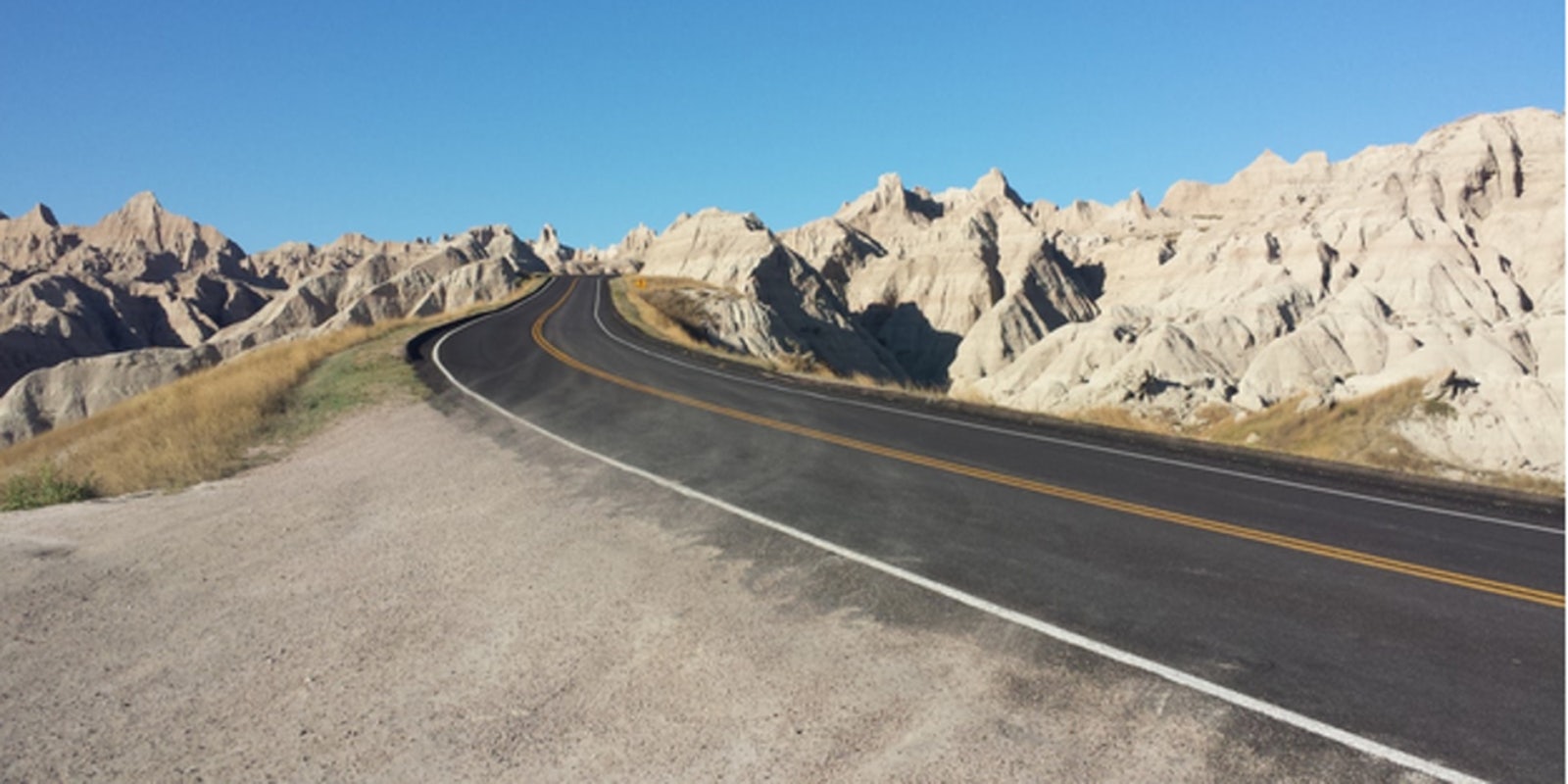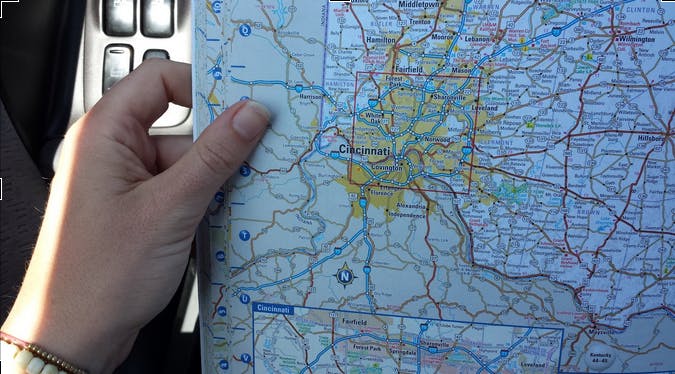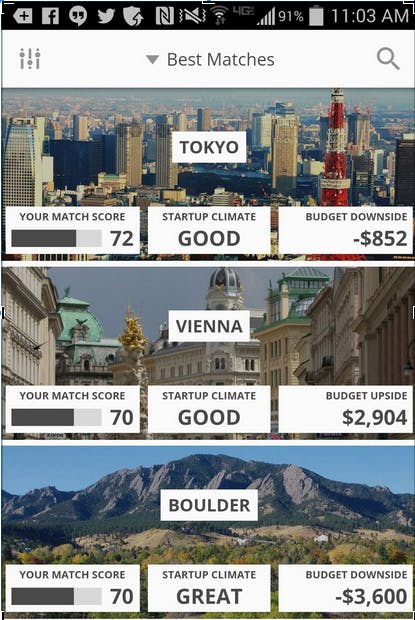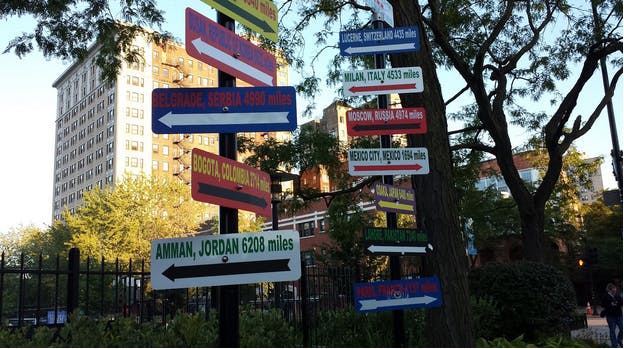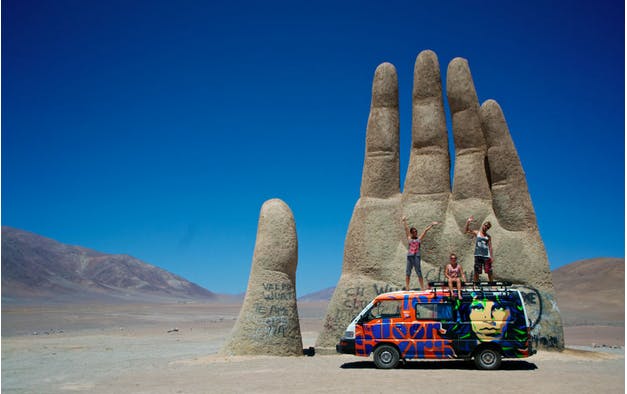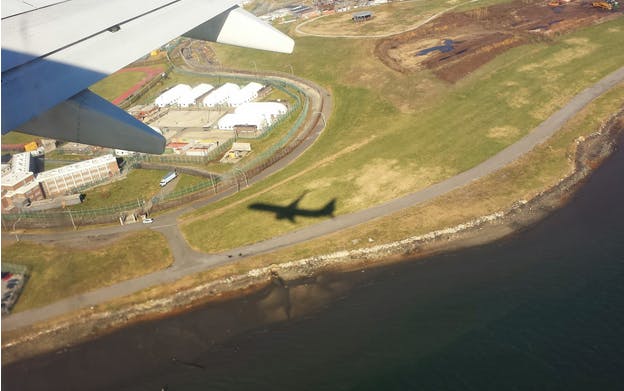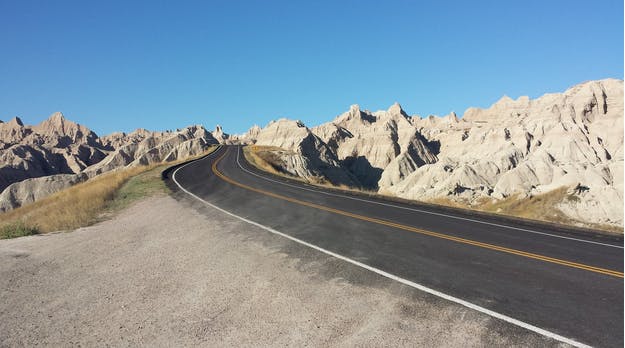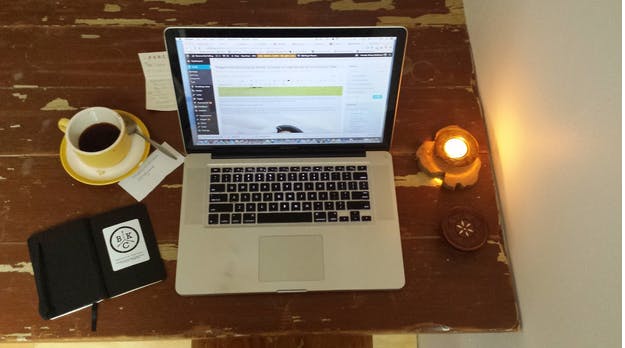Who wants to gather around a watercooler, when you could be working from a beachside bungalow in Bali?
Remote workers, location independents, digital nomads, vagabonds — call them what you will. Thanks to an increasing number of startups and big businesses offering employees the option to work from home, along with the rising popularity of freelance and contract work, more and more people are shedding the shackles of the traditional office job and becoming wandering workers.
But when you have the option to be anywhere, how do you choose? The image of the beachside bungalow is appealing, but is there reliable Wifi? And can you focus on a conference call while noisy backpackers are pounding Singha beers in the bungalow next door?
I joined the ranks of corporate runaways myself last year when I quit my job to go freelance. Around that same time, I found out about Teleport, a startup founded by early Skype employees. Essentially, the app provides a search engine for narrowing down locations based on a variety of lifestyle preferences, from climate to budgets on rent. The colorful hot air balloon logo offers a tempting little glimpse into the possibilities of location independence.
Could an app like Teleport simplify the experience of finding the new, perfect place to live?, I wondered. So after downloading Teleport and narrowing my nesting options to the United States, I opted for a three-month road trip to help me decide where I’d most like to work from.
6,000 miles of driving gave me plenty of options. I discovered the charm of Midwestern cities I had never considered, like Indianapolis and Cincinnati. I also learned about the quiet roads of Montana, the endless plains of South Dakota, and the winding roads of Washington. As I blasted crackling country stations while cruising on fumes with not a gas station in sight, it felt like I was part of the grand American tradition of cross-country travel. It also cost me a lot of time and money, and I ate way too much fast food, before I finally landed in Portland, Oregon.
I loved the artsy vibe of Portland, the relatively affordable rent, and the proximity of hiking adventures in the moss-drenched forests of the Pacific Northwest. But I worried that I missed an even better city to call home. So I opened the Teleport app, with a sudden feeling of panic that I’d picked the wrong place.
Out of a cloud of options, I clicked bubbles for “clean air”, “low rent”, “major airport”, “parks & greenery”, and “remote work”, neglecting “car-free life”, “low corruption”, and “less traffic”, among others.
I was then asked to enter my current city (Portland), my current rent budget ($1000) and my current monthly income, as well as my current job. The options provided didn’t include “freelance writer.” Teleport is specifically geared towards startup workers for now, with plans to expand. I defaulted to the closest startup-related position — marketer.
According to Teleport, Tokyo was the place for me, even though the cost of living is 15 percent more than that of Portland. I do love sushi, but that city has always struck me as a little too chaotic.
Vienna, my second match, saved me almost $3,000 on my annual budget. The banner image of a bustling city square, surrounded by intricate, columned buildings looked charmingly European. That was more my speed. The Austrian capital is 3 percent cheaper than Portland, and 28 percent cheaper than the number one startup hub, San Francisco. (That’s an automatic figure provided no matter where you live, likely because it makes every city outside of Silicon Valley seem more appealing.)
My options were rounded out by Boulder, Denver, and Copenhagen. Were I to seriously consider one of them, I could have clicked on the “Get There” tab and connect with a local scout who has partnered with Teleport to help you plan your move.
I got the feeling that this could get dangerous quickly, so I closed the app, feeling a renewed itch in my feet and a bolstered curiosity for options.
That’s the problem with options. As soon as you have them, it’s hard to pick just one. Thankfully, remote workers often don’t have to, choosing instead to travel indefinitely, bouncing from one place to the next while living out of a backpack and requesting Wifi passcodes in a slew of languages across the globe.
Teleport isn’t the only app that’s aimed at promoting wanderlust. Marina Janeiko, a freelance UX designer, has been traveling for over six years. In that time, she’s lived in Vietnam, Cambodia, Indonesia, Ecuador, Colombia, Lithuania, Portugal, and California. The difficulty of deciding where to go and when inspired her to build What’s it Like, an app that will present the ideal times to go to certain places. When it launches in a few months, it will include seasonal conditions, as well as the cheapest times to fly.
Janeiko has a penchant for remote locations. But she cites the lack of infrastructure at various remote destinations as the biggest drawback to travel. “Most of the time it’s a big pain in the ass in terms of accessibility, services and internet connection,” she says. She hopes What it’s Like will help travelers solve that problem.
Janeiko is currently in San Francisco, taking a break from regular travel, but she plans to hit the road again soon. She likes the idea of returning to Medellin, Colombia or maybe Saigon. Eventually, she wants to take a camper van adventure across the United States and Canada, all while continuing to freelance and work on What’s it Like.
Peter Wall, a Canadian video journalist, is another itinerant worker who followed his dream of relocating to a remote beachside shack. In 2010, he took his family on a ten-month sabbatical to Bali. He still hasn’t left — at least, not for long.
“We wanted somewhere that was warm and different from where we were living,” recalls Wall. “Somewhere that was non-urban. We also wanted a community of people we could connect with. Bali had all of those things.”
Wall didn’t use an app to find his new home. “I mostly just go by what people have said,” he says. “Every place has its pros and cons.” After Wall had been in Bali for about a year, one thing he found lacking was a community work space. So, he found two partners and started his own. Hubud, located in Ubud, is Bali’s first coworking space for remote workers.
Jarel Remick, a Market Quality Manager for the Australian company Envato, also knows the story of the nomadic 21st century worker in a beachside bungalow well. He rented one in Koh Samui, Thailand. It was a long walk to any establishment with wifi, so although his location was peaceful, it proved difficult to work there remotely. “It was tricky having team meetings at 4 or 5 am in very poor lighting,” he says.
Originally from Idaho, Remick points out that the nomadic lifestyle requires a specific type of personality. “People tend to expect the technical challenges. They then find that the psychological and emotional challenges are actually the hardest to overcome,” Remick, who now works in Melbourne, Australia, says. Being a successful digital nomad requires a certain “openness to change.”
Nomadforum.io, an online community for digital nomads, is Remick’s go-to resource for the technical and personal challenges of life on the road. People post questions about everything, from which cities offer twenty-four hour internet cafes, to seeking advice on how to leave a pet behind.
Connected to Nomadforum is Nomadlist.com — a search site that, like Teleport, allows you to specify lifestyle options and search for locations that match. (According to Nomadlist, I should give Chiang Mai, Thailand a try.)
“When I was programming and designing, I found working on the road fantastic because I could more easily manage interruptions,” Remick says. “New environments helped me think more creatively.” But now, Remick works full-time in Melbourne, Australia.
It’s tempting to daydream what life might be like in Copenhagen, Boulder, or Tokyo. But Portland’s got the freelance environment down to a science. The coffee shop I’m currently sitting at is playing wordless music that creates a relaxing ambiance, and their java is like delicious rocket fuel. All of these skinny Paul Bunyan lookalikes around me are also working furiously at their laptops. So I try to stop day-dreaming and get back to work.
An app can give you plenty of ideas for where to work and to live, but the thrill of new places can never be touched until you’re there, connecting with the people — and hopefully, connecting to the Wifi.
Photo via Britany Robinson

